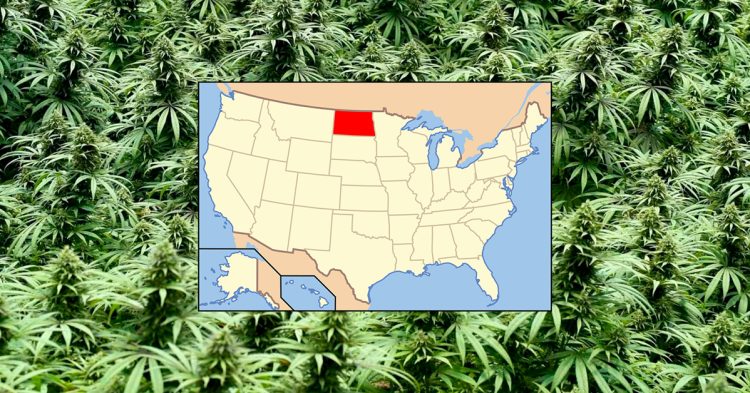North Dakota voters will once again decide on the legalization of recreational marijuana this November, as a new ballot measure has officially qualified for the election. This marks another attempt to pass such legislation in a state that has previously rejected similar initiatives.
Secretary of State Michael Howe confirmed that nearly 19,000 signatures were validated, surpassing the threshold required to place the measure on the ballot. The initiative is backed by the group New Economic Frontier, which initially submitted over 22,000 signatures in July.
Leading the effort is Steve Bakken, a Burleigh County commissioner and former mayor of Bismarck. Bakken argues that North Dakota’s law enforcement resources would be better spent addressing more pressing drug issues, like opioids and fentanyl, rather than marijuana. He also emphasized the need to establish local regulations to avoid potentially problematic out-of-state measures.
The proposed law, outlined in a 20-page measure, would allow adults aged 21 and over to legally use recreational marijuana at home or on private property with the owner’s permission. It also includes strict guidelines on marijuana production, sales, and home cultivation, and specifies limits on the amount of marijuana that individuals can purchase and possess.
Currently, marijuana use by individuals under 21 is a low-level misdemeanor in North Dakota, while possession remains illegal and carries penalties that vary depending on the amount. The sale or delivery of marijuana is classified as a felony, with more severe penalties if the offense occurs near schools.
Opponents of the measure, including the Brighter Future Alliance, argue that North Dakota voters have already rejected recreational marijuana in past elections, in 2018 and 2022. The group’s chair, Patrick Finken, criticized the repeated efforts to pass the measure, saying, “Despite clear rejections, supporters continue to push for legalization.”
Supporters of the initiative, like Republican State Representative Matt Ruby, see this as an opportunity to enhance the state’s economy and improve regulatory control over marijuana use. Ruby stressed the importance of educating voters on the potential benefits of legalization as the election draws closer.
Meanwhile, the federal government has begun the process of reconsidering marijuana’s classification as a less dangerous drug, a move that could have significant implications for state-level legalization efforts like this one.









